Have you ever wondered how to tackle tough situations? How do we make decisions that yield the best outcomes? Life is full of challenges that we need to overcome, from small problems like deciding what to cook for dinner to larger challenges like managing a team at work. Problem-solving skills are essential in both personal and professional life.
“We cannot solve our problems with the same thinking we used when we created them.”
Albert Einstein
Let’s take a closer look at why these skills are so important, how to develop them, and how they can benefit various aspects of our lives.
The Importance of Problem-Solving Skills
Problem-solving skills are crucial for personal and professional development. At work, effectively handling problems can lead to promotions, increased responsibilities, and better results. In personal life, the ability to cope with difficulties helps build healthy relationships and achieve goals.
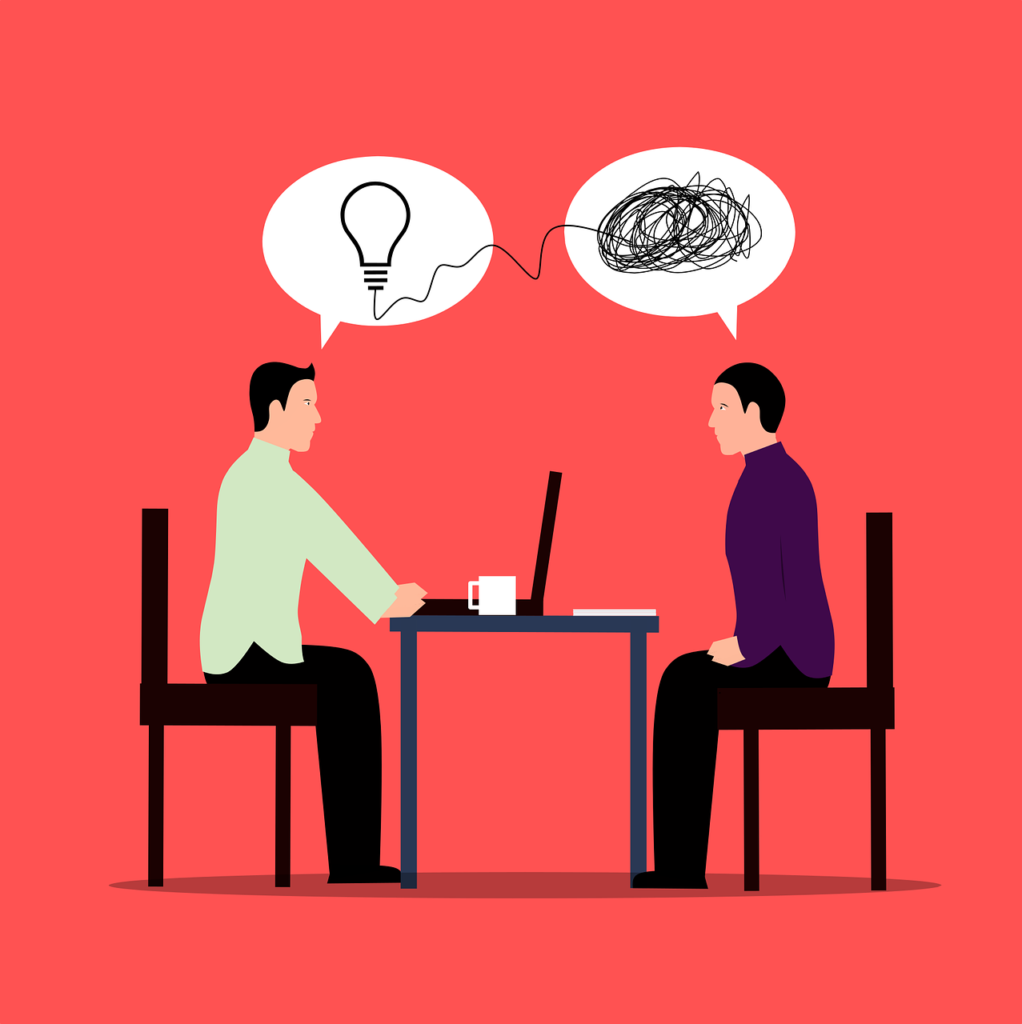
What is Problem-Solving?
Problem-solving is the process of identifying, analyzing, and finding solutions to challenges. Imagine you’re a detective trying to solve a mystery. First, you need to understand the problem, and then, step by step, you work towards a solution. It’s like putting together a puzzle where each piece has its place.
Problem-Solving step by step:
- Identifying the problem – Understanding what the problem is.
- Analyzing the problem – Breaking the problem into smaller parts.
- Generating solutions – Thinking of possible solutions.
- Choosing the best solution – Evaluating options and selecting the most effective one.
- Implementing the solution – Putting the chosen solution into action.
- Evaluating and reflecting – Checking if the solution works and what can be improved.
Key Problem-Solving Skills to Develop
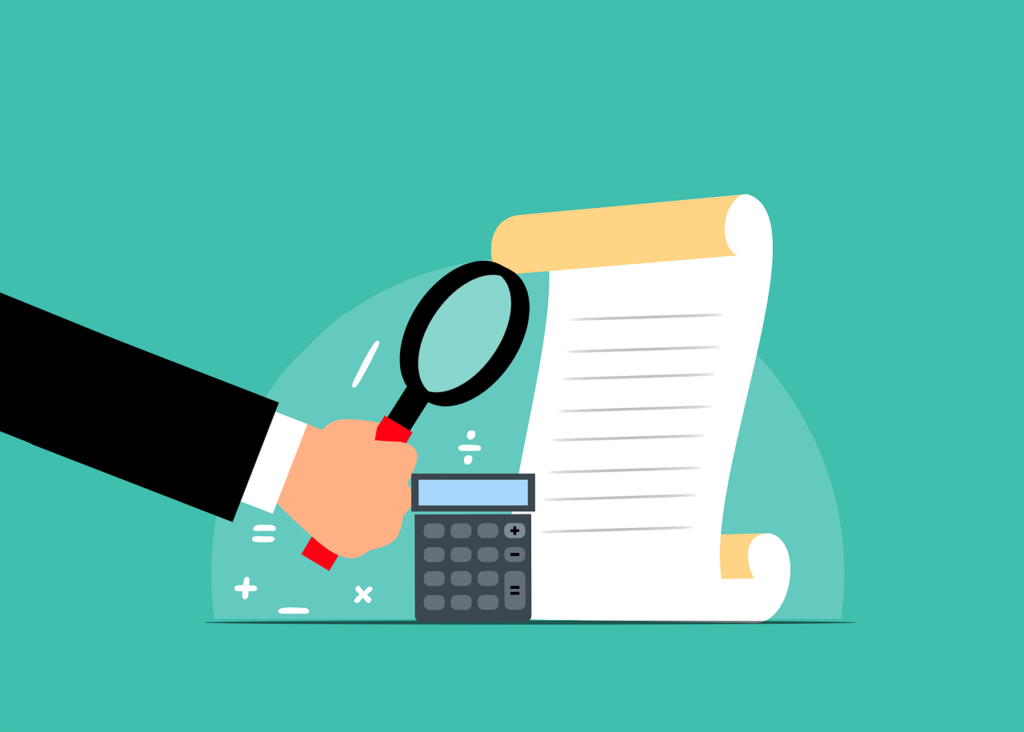
Analysis
Analysis is a fundamental problem-solving skill that involves breaking down complex problems into smaller, more manageable parts. This skill is crucial because it allows individuals to understand the intricacies of a problem and identify the root causes. By breaking down a problem, you can tackle it more effectively and come up with a well-informed solution.
Facing a large, complex problem can be overwhelming. Analysis helps by breaking it into smaller, less intimidating pieces, making the problem more manageable and reducing stress.
Steps to Effective Analysis
1. Identify the Problem:
Clearly define what the problem is. Without a clear understanding of the problem, it’s challenging to find a solution.
2. Break Down the Problem:
Divide the problem into smaller, more manageable parts. This step makes the problem less daunting and easier to handle.
3. Examine Each Part:
Analyze each component of the problem individually. Understand how each part contributes to the overall problem and how they are interconnected.
4. Identify Root Causes:
Determine the root cause of the problem. Often, what appears to be the problem is just a symptom of a deeper issue.
Regular practice of analytical thinking can improve your skills. Engage in activities that require analysis, such as puzzles, games, or case studies.

Research
Research is a critical problem-solving skill that involves gathering relevant information to understand and solve problems. Effective research helps to illuminate the unknown and provides a solid foundation for problem-solving.
Good research provides the necessary data to make well-informed decisions. With accurate and comprehensive information, you can choose the best course of action. By thoroughly researching a problem, you can avoid common pitfalls and mistakes that might occur due to a lack of information.
Communication
Communication is a vital problem-solving skill that encompasses both active listening and effectively conveying ideas and solutions to others. It’s the bridge that connects understanding and action, ensuring that everyone involved in a problem-solving process is on the same page. Effective communication can prevent misunderstandings, foster collaboration, and lead to more innovative and efficient solutions.
Key Elements of Effective Communication
- Active listening is the foundation of effective communication. It involves fully concentrating on what the other person is saying, understanding their message, and responding thoughtfully.
“Most people do not listen with the intent to understand; they listen with the intent to reply.”
Stephen R. Covey
- Communicating your ideas and solutions clearly is crucial for effective problem-solving. It involves presenting your thoughts in a way that is understandable and persuasive to others.
Effective communication ensures that all parties have a clear understanding of the problem and the proposed solutions. This clarity helps in aligning efforts and expectations.
Critical Thinking
Critical thinking is a cornerstone of effective problem-solving. It involves evaluating information and arguments to make reasoned decisions. By sharpening your critical thinking abilities, you can make more informed decisions, solve problems more effectively, and communicate your ideas more clearly.
Critical thinking enables you to assess all available options thoroughly, weigh the pros and cons, and make decisions that are well-informed and balanced.
By critically analyzing problems and considering various perspectives, you can develop more effective and innovative solutions.

Creative Thinking
Creative thinking involves looking at problems or situations from a fresh perspective that suggests unorthodox solutions. It is about thinking outside the box and exploring innovative ideas that might not be immediately obvious. Creative thinking is like being an artist with your thoughts, using imagination and innovation to paint new solutions to old problems. This skill is essential for personal and professional growth, as it enables you to tackle challenges in unique and effective ways.
Steps to Foster Creative Thinking:
- Brainstorming
- Mind Mapping
- Alternative viewpoints and possibilities
- Changing Your Perspective
- Encourage Creativity
Tips for being more creative:
Stay curious and open to new experiences and ideas. Ask questions and seek to understand different perspectives.
Surround yourself with diverse stimuli, such as books, art, and engaging conversations. Create a space that inspires creativity.
Regularly reflect on your creative process and outcomes. Learn from both successes and failures to continually improve your creative thinking skills.
Don’t be afraid to experiment and take risks. Failure can often lead to valuable lessons and new opportunities for creative solutions.
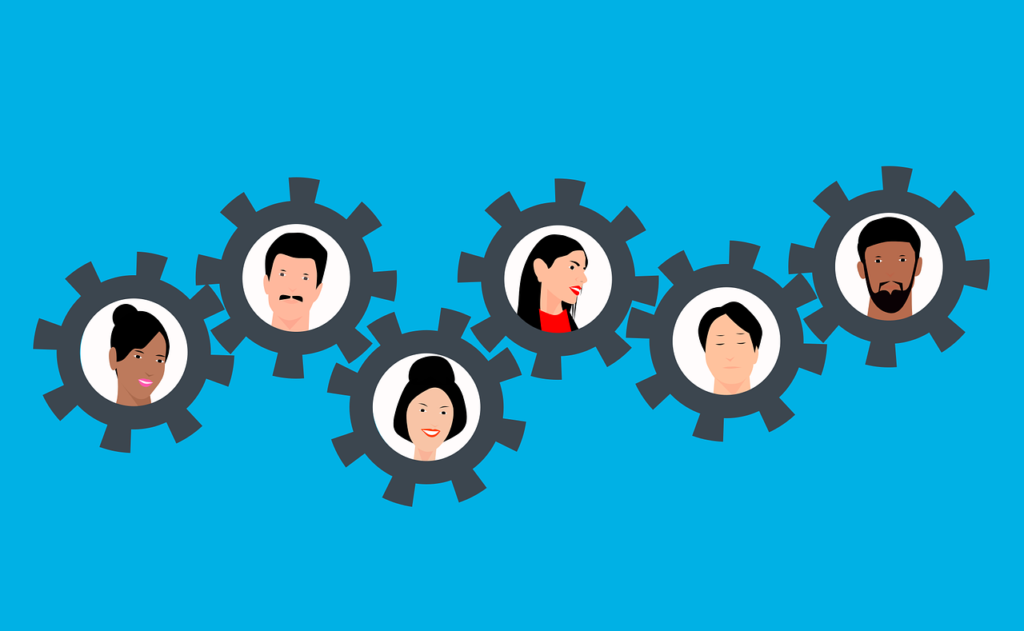
Teamwork
Teamwork involves collaborating with others to achieve common goals and solve problems effectively. It requires a mix of interpersonal skills, communication, and the ability to work harmoniously within a group. Teamwork is more than just working alongside others; it’s about leveraging the collective skills, knowledge, and perspectives of a diverse group to find the best solutions.
Collaborating with others brings together different viewpoints, experiences, and expertise. This diversity can lead to more innovative solutions and a deeper understanding of complex problems.
By developing your teamwork skills, you can contribute to a more collaborative and productive environment. Embrace the power of teamwork, and let collective efforts and shared goals guide your problem-solving journey.

Decision-Making
Decision-making is the process of choosing the best course of action among several alternatives. It involves evaluating the options, considering the potential outcomes, and selecting the most effective path to achieve a desired goal. Decision-making is a fundamental aspect of problem-solving that impacts every area of our lives, from everyday choices to critical business strategies.
Effective decision-making is essential for personal and professional success, as it helps navigate complex situations and achieve goals.
Effective decision-making leads to better results by ensuring that the chosen actions are well-considered and aligned with your goals.
Good decision-making includes evaluating risks and planning for contingencies, which helps in mitigating potential negative outcomes.
Developing Decision-Making Skills
- Practice Regularly: Make decisions regularly, even in low-stakes situations, to build confidence and experience.
- Learn from Experience: Reflect on past decisions and their outcomes to understand what worked and what didn’t.
- Seek Feedback: Ask for feedback from others to gain insights into your decision-making process and improve.
- Stay Informed: Keep up-to-date with relevant information and trends that can impact your decisions.
- Use Decision-Making Tools: Familiarize yourself with tools and frameworks, such as SWOT analysis, decision trees, and cost-benefit analysis, to structure and enhance your decision-making process.
Adaptability
Adaptability is the ability to adjust to new conditions, changes, and unexpected challenges. It involves being flexible, open-minded, and resourceful in the face of evolving circumstances. Adaptability is not just about surviving change but thriving amidst it. Think of adaptability as being like water—it can change its shape and flow around obstacles, always finding a way forward.
Adaptable individuals can quickly reframe problems and find new solutions when initial plans fail. This skill is crucial for overcoming unforeseen challenges and staying on track toward goals.
Being adaptable encourages a mindset open to new ideas and approaches, fostering creativity and innovation.
Whether in the workplace, personal life, or adapting to technological advances, being adaptable helps you navigate change effectively and seize new opportunities. By developing your adaptability skills, you can thrive in dynamic environments and turn challenges into opportunities for growth.
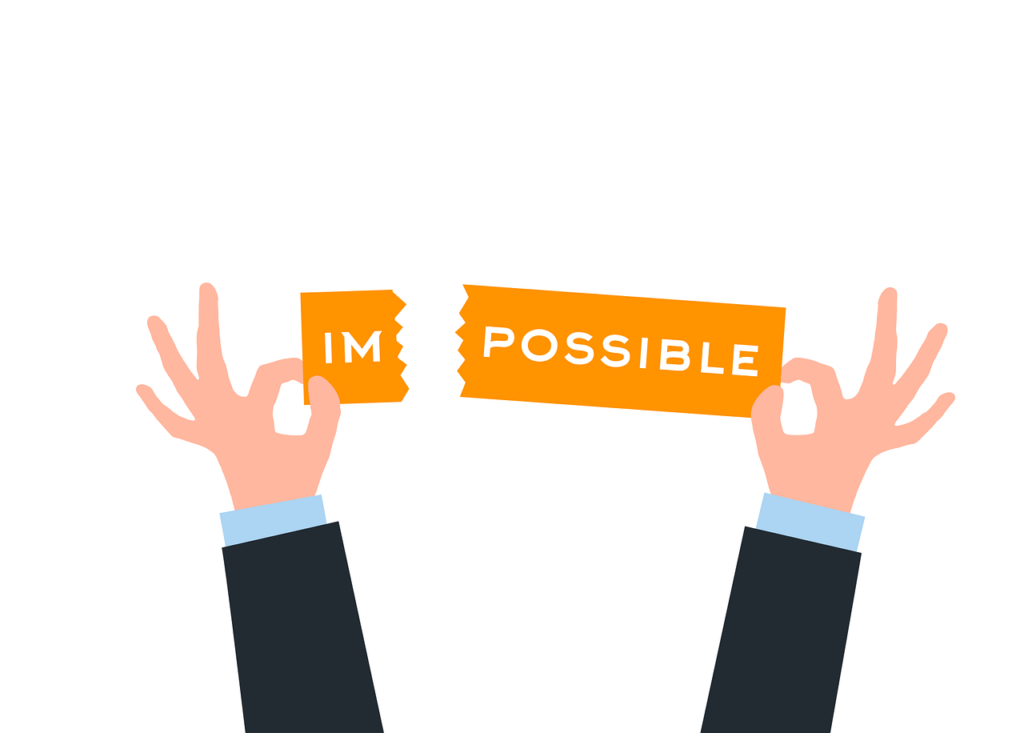
Conclusion
Problem-solving skills are essential in both personal and professional life. They help handle challenges, improve efficiency, and increase life satisfaction. By developing these skills, we can better manage our lives and achieve our goals. Start with small steps, and over time, you’ll see the positive impact it can have.
Some practical tips for the end:
- Be curious – Always look for new information and learn.
- Practice analytical thinking – Try to break down problems into smaller parts daily.
- Exercise creativity – Look for unconventional solutions.
- Communicate effectively – Learn to convey your ideas clearly.
- Be adaptable – Adjust to changes and learn from them.
Final Thoughts
Personal development is a continuous journey. Every day, we can improve our problem-solving skills. Remember, every challenge is an opportunity to learn and grow. Start with small steps, and you’ll see how big an impact they can have on your life.
Remember, developing problem-solving skills is a process. Start today, and tomorrow you’ll be better prepared for whatever life throws at you.
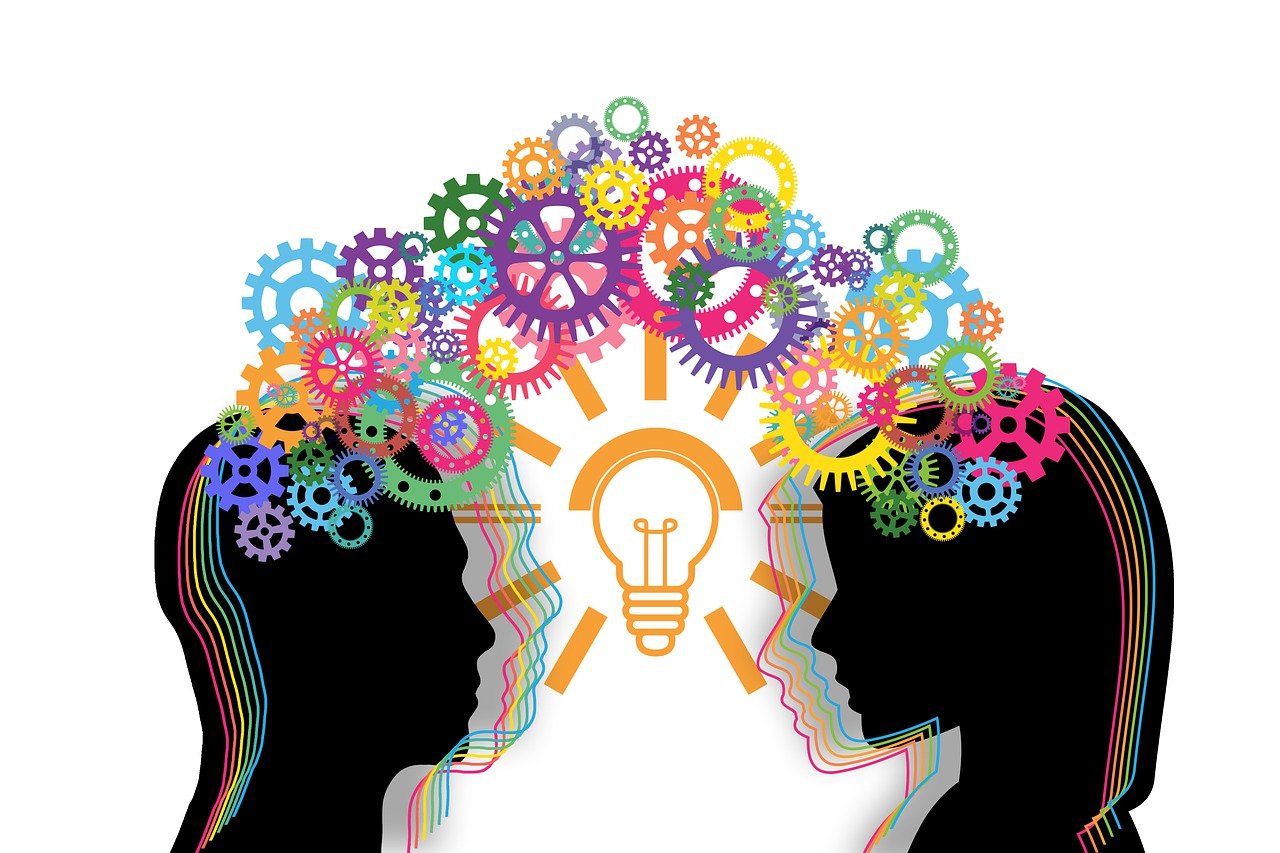
Leave a Reply